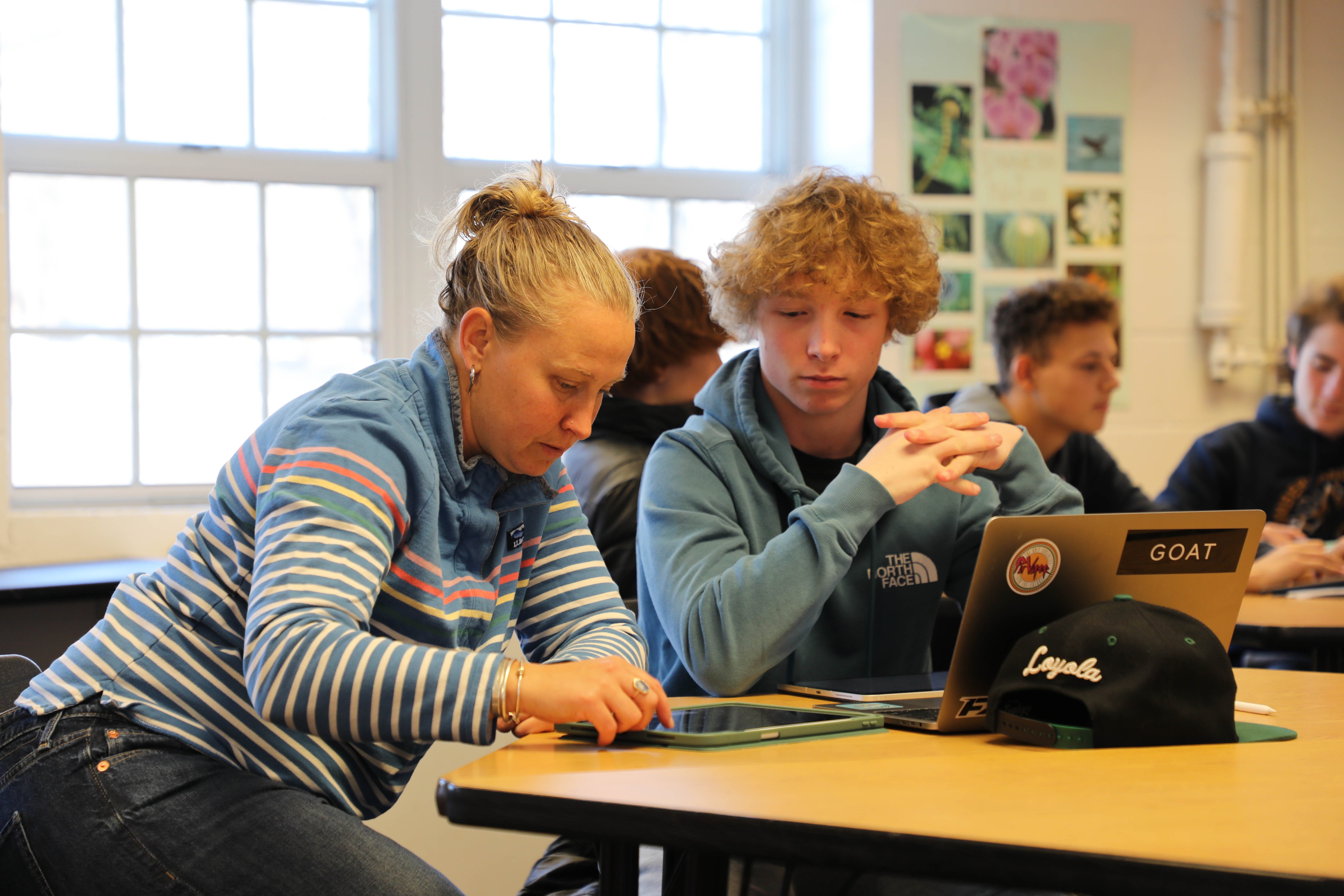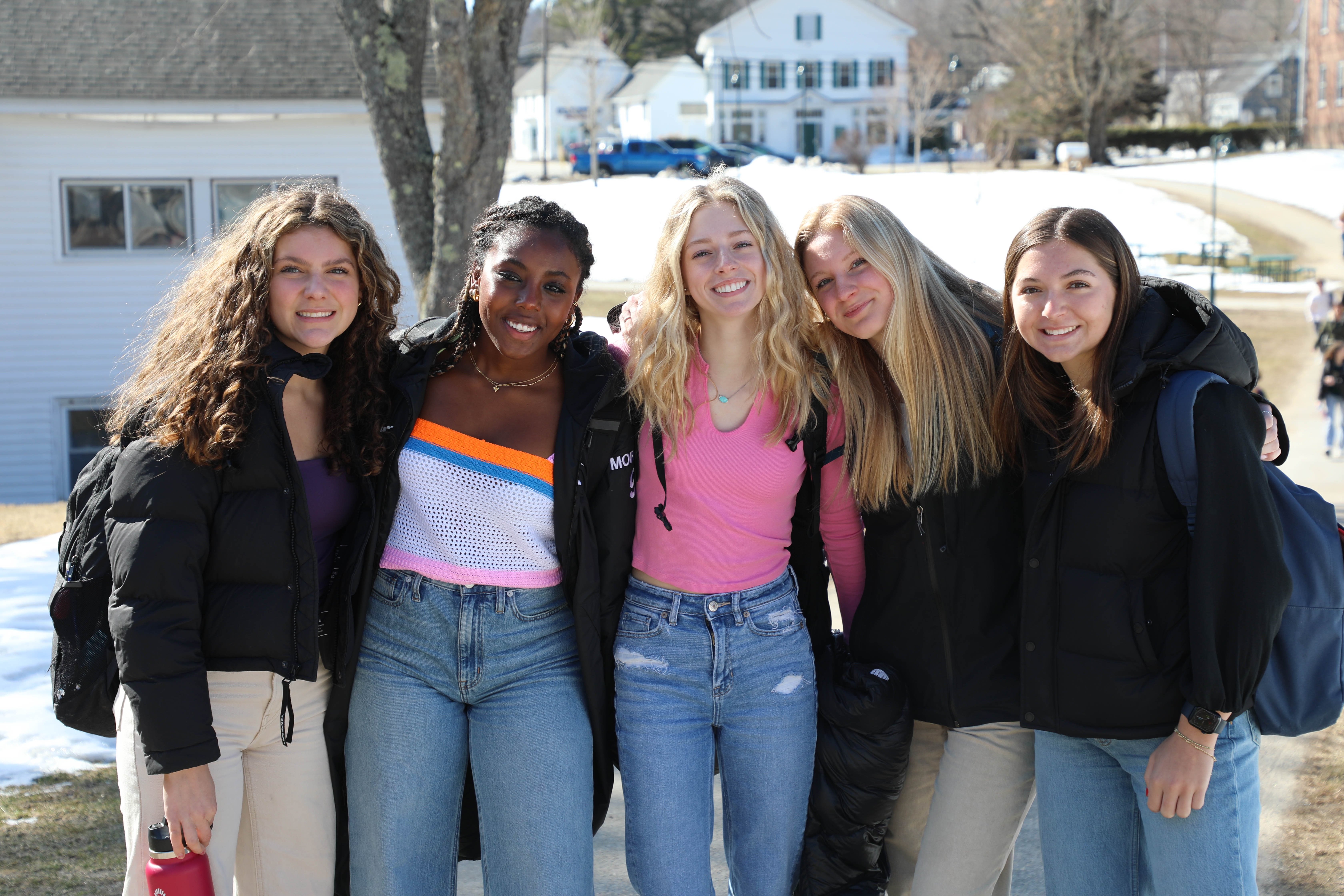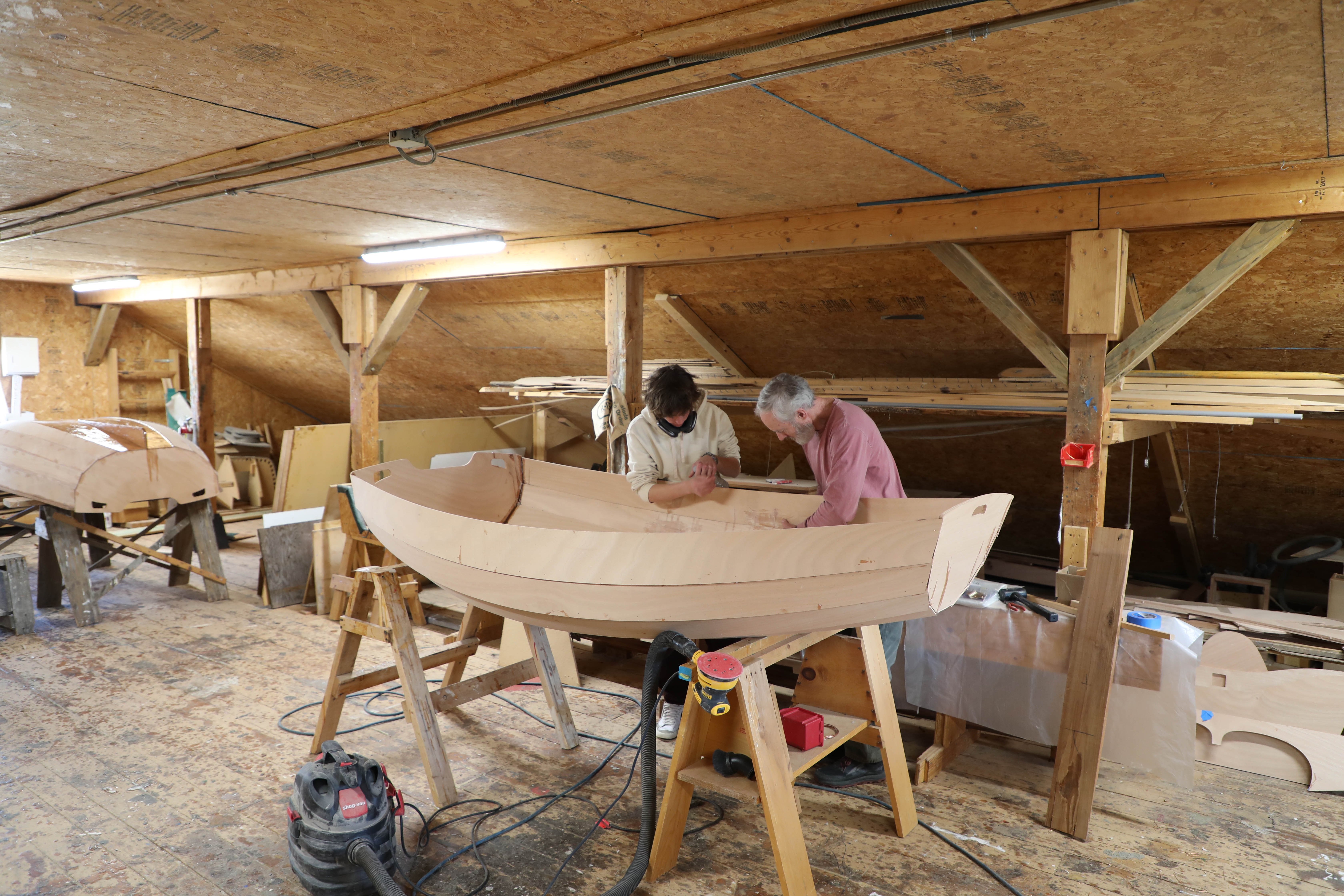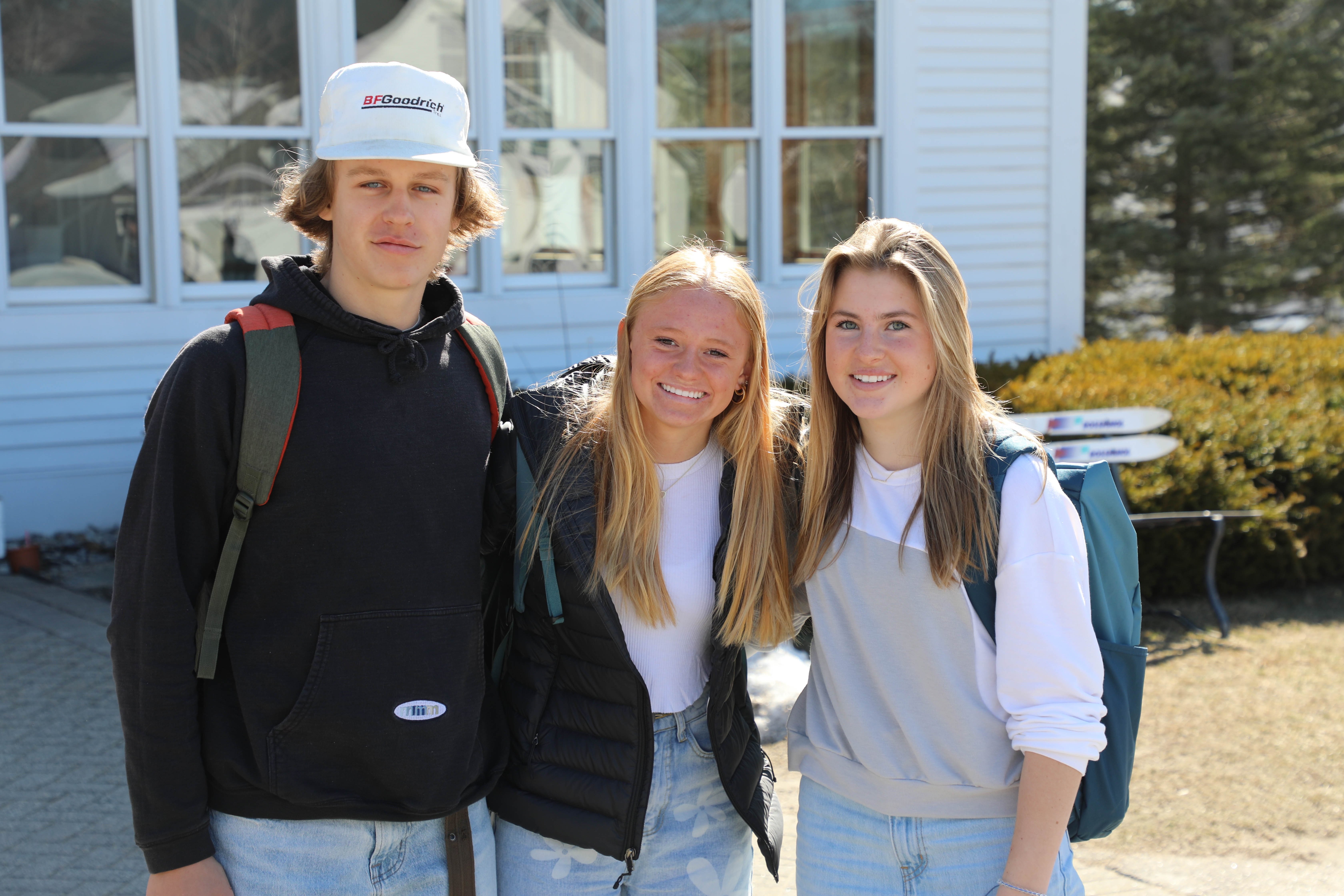Sunshine and blue skies, with temperatures flirting with 50 degrees, is a good reminder that the stubborn New Hampshire winter is gradually releasing its grip on campus. March is an ugly month around these parts, but as we launch the Spring Term, we jump into classes and spring athletic and afternoon programs with excitement and anticipation. It is a chance to start fresh, and an opportunity to reflect on our “why” as a school. Why do we do what we do, in the way that we do it?

More than a decade ago Simon Sinek wrote Start With Why in which he explored how the most inspiring leaders affect change. He shared in his Ted Talk (below), “Every single person, every single organization on the planet knows what they do, 100 percent. Some know how they do it, whether you call it your differentiated value proposition or your proprietary process or your USP. But very, very few people or organizations know why they do what they do. And by ‘why’ I don't mean ‘to make a profit.’ That's a result. It's always a result. By ‘why,’ I mean: What's your purpose? What's your cause? What's your belief? Why does your organization exist? Why do you get out of bed in the morning? And why should anyone care?”
It is a great question. Why should anyone care about Proctor? Why should families invest significant money in their child’s high school education? Why Proctor and not one of our peer schools or a public school? Each family has their own why, but we, as a school, work daily to embrace our why.

We believe learning happens best at the intersection of individualized academics and experiential opportunities within a strong, supportive community. It is within this environment where our students begin to understand themselves as learners, where a foundation of confidence, trust, and relationships is built. We know it is on this foundation that our students construct the rest of their lives, lives that will require each to navigate the inevitable peaks and valleys of the human experience.

A few years ago, Cody Delistraty wrote in this article reflecting on our pursuit of happiness as a society. He notes, "If we continue to allow ourselves to be manipulated into pining after peak experiences, then we leave ourselves open not only to market manipulation but also to loneliness, poor judgment and, ironically, an abiding sadness…What if, instead, happiness was something that we realized ebbs and flows, that negativity is fundamental to life and, ironically, to our happiness? What if we reconditioned ourselves: not to want but to be satisfied in all feelings?"

As our baseball and softball players see snow-covered fields delaying their first games and outdoor practices, and we try, in vane, to overlook the dirty snowbanks lingering around campus, we must embrace what Delistraty suggests: to be satisfied in all feelings. How do we model for our students (and each other) to identify their emotions, to embrace them, to reach for the broader context in which those emotions live, to recognize the journey they are on alongside others who care about them, and to walk through the varied terrain life provides?

Is this not central to our “why”? I am not sure a better community, a better learning ground, than Proctor exists to teach young people how to live within the context of the messiness of life. Yes, the academic pursuits that bring us together in this place matter. The arts matter. Athletic competition and afternoon programs matter. Off-campus programs matter. But these pieces of Proctor are not our why. They merely facilitate our why: growing good, kind, curious, real humans.








